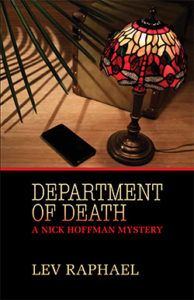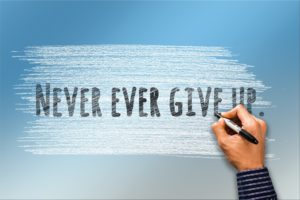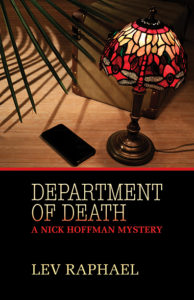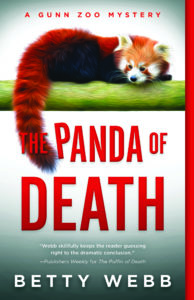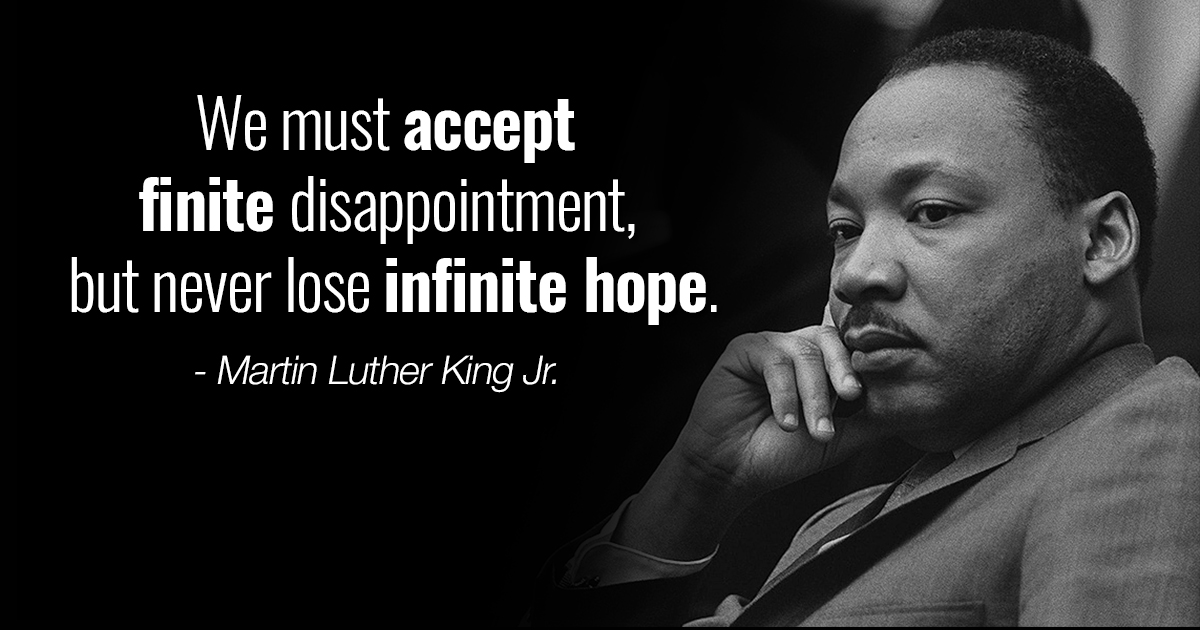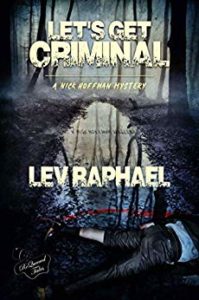I fell in love in second grade visiting our local library. On 145th Street in Manhattan, it was a gorgeous, imposing Gilded Age building by McKim, Mead and White, but I didn’t know its history until recently.
What I did know was that I felt excited, privileged and awed every time I passed through its portals, and believe me, it did not have doors, it had portals. The library was designed to look like an Italian palazzo. Nobody told me that, but I felt as far away as Venice every time I wandered along its endless shelves as the light streamed in through massive windows. I felt a similar sense of awe seeing Venice itself for the first time, decades later.
The library was a place of peace and complete freedom. No librarian ever told me a book was too adult for me, and neither did my parents. Which meant I could browse the shelves with no restrictions.
Each week I brought home a small pile of books I subsequently devoured, and I was especially fond of biographies and history, two genres that fascinate me even more now that I’m middle aged and have my own biography and see myself in history.
All those books nourished and inspired me. I wanted to write, too, and I wanted to have a book on those shelves some day. Here again, I was very lucky. Starting in grade school, my teachers and my parents encouraged my writing.
Yet with all that reading of library books, I still watched plenty of television. It was actually reading that interfered with my school work, not TV. Whatever I brought back from that amazing library was almost always more interesting than what we were reading in school, where I was often bored and too talkative. Nowadays, of course, they would probably give me Ritalin.
I got another gift from that library: being read to at story hour. It was the pleasures I derived from that and from having my mother read to me at home that partly fuel my own joy when I do a reading today, one of the best parts of being an author on the road.
Samuel Johnson wrote that “No place affords a more striking conviction of the vanity of human hopes, than a public library.” I can’t agree, at least on a day when I’m feeling good about my career, because my own public library filled me with hope, knowledge, and dreams.
Lev Raphael is the author twenty-seven books and has spoken about his work in nine different countries at universities, libraries, churches and synagogues, and museums. He’s published 100’s of essays, stories, book reviews and blogs, and the Michigan State University Library collects his literary papers for its Special Archives.
(this blog first appeared on The Huffington Post)



